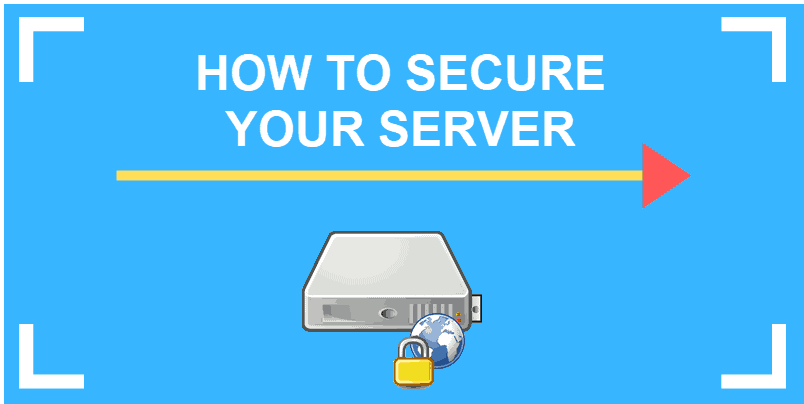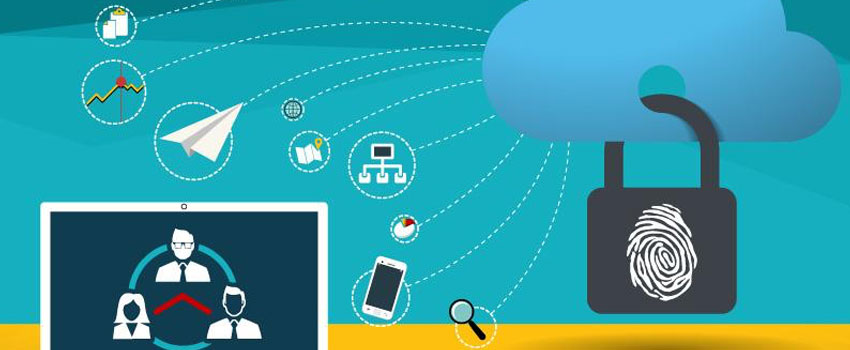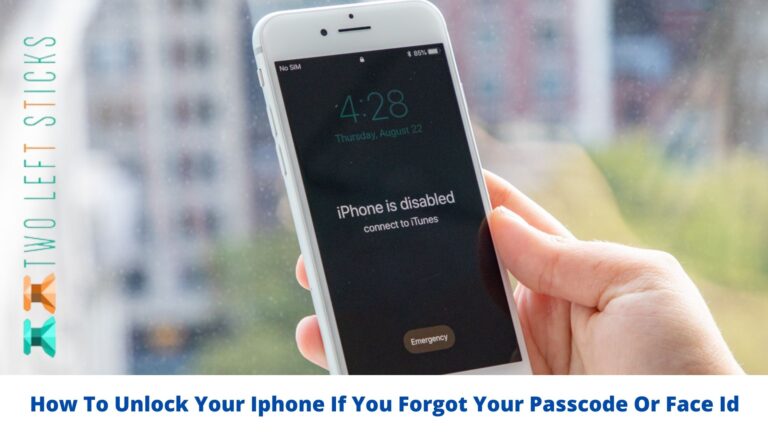5 Ways to keep your Information Secure in the Cloud!
Ways to keep your information secure in the cloud: In 2011, hacking categories like Anonymous and LulzSec introduced an internet firestorm by hacking major websites & other online services, for example, Sony’s PlayStation network.
Billions of users’ accounts were saved with their passwords, usernames, home addresses, and credit card information.
Lax website security often lets hackers access boat lands of personal information quickly.
If somebody hacked your Facebook account, could they just quickly get into your email inbox?
Reusing or using weak passwords makes them simple and can target identity theft.
Remembering various passwords can be difficult, but many web services can help.
Internet cloud services store your data on a server on your hard drive so that you can access it from any internet-enabled device is going to be stronger than ever.
Backing up important documents and photographs has never been easier. Gmail and Google Docs can take the place of Microsoft word and outlook express, and banking sites take the place of costly finance applications.
Some of the simple tips for protecting your data secured in the cloud:
1) Be alert and play it safe
Internet dangers like viruses are, for the most part, simple to avoid.
Websites usually look like email attachments, and spam addresses will not be worth opening.
Antivirus software is considered a wise precaution; what does this have to do with protecting data in the cloud?
The paired rules apply when buying online or creating accounts on new websites: ensure the site is trustworthy.
If you are buying from a retailer you have never heard of, research them first.
They could have renowned lax security and have a history of losing customer credit card information to hacking breaches.
Be attentive to what computers you are logging into.

Browsers will always ask to rescue your login information and keep a login session alive as long as the browser is open.
If you log in to your Facebook or email account on your friend’s laptop and then back out from there, you are still logged in to those sites.
2) Backup your data
If there is any advice, the tech has been engaging for years, which will help to back up your data.
A powerful surge, faulty hard drive, or other least expected system failures could happen when you least expect it, and if your data is not backed up, you will beat yourself up over it for weeks.
Backing up data was an arduous task. Solutions for cloud storage come in all sizes and shapes.
Dropbox offers a couple of gigabytes free, but its interface is effortless.
It builds a folder on your hard drive linked to the web; all you have to do by upload files and draw them into the folder.
Windows Live Sky drive is designed to make it simple to view and edit office clouds in the cloud.
Other services like Mozy and Sugarsync focus on backing up automatically your dominant data and storing making it simply accessible online.
3) Manage Passwords with LastPass
The last pass is a management utility for passwords that locks all your passwords that are unique behind one master password.
You can create separate logins for Facebook, email, cloud storage, and everything else you do online but accessing those accounts by remembering one password.
It will help you to create different passwords that no one will ever rank.
This service is free, but for a $1 per month premium account, you gain entrance to the mobile version for IOS.
4) Don’t share or reuse passwords
If you are serious about remembering passwords, it will strike again.
Read More: World’s End Harem Season 2 Explained!
It’s worse enough that we tend to use easy-to-remember passwords for our web logins, we also tend to pick 1 or two passwords and control them again and again for our baking, email, Facebook, and everything else.
Use different passwords for different sites. At the very least, change up symbols, letters, and capitalization if you plan to use the same word or phrase in multiple locations.
Make sure not to repeat a password on sites with your credit card information or social security number.
5) Play smart with passwords
Passwords are planned to keep our information safe from prying eyes.
They are like locks. Hackers may force the door and break your safety, but a powerful lock keeps everyone out most of the time.
The best passwords combine letters, symbols, and numbers into different configurations.

Don’t take the easy route and capitalize the initial letter of the word or use the numeral 1 in place of the letter I or a 0 in place of the letter “o.”
Throw in a few aimless numbers or characters like a plus sign or underscore, and you will be far better than anyone depending on password 123, keeping them safe.
FAQs about ways to keep your information secure in the cloud
Q: How secure is data in the cloud?
A: Cloud storage is planned for maximum data security. When you store data in the cloud, your files are encrypted and endlessly monitored to protect against cybersecurity threats.
Q: How does cloud security work?
A: A cloud firewall protects the cloud assets by blocking malicious web traffic.
Q: What are cloud security requirements?
A: These steps are needed to protect data in the cloud. Sensitivity of the data to be protected, cloud architecture, and types of users who approve the data must be considered.
Q: How can I protect my details online?
A: Keep the identity safe- Make sure to change them often, and where possible, use two-factor or strong authentication, which connects something you know, a username, and a password with something you have, such as a card or mobile phone, to verify the identity or confirm a transaction.







